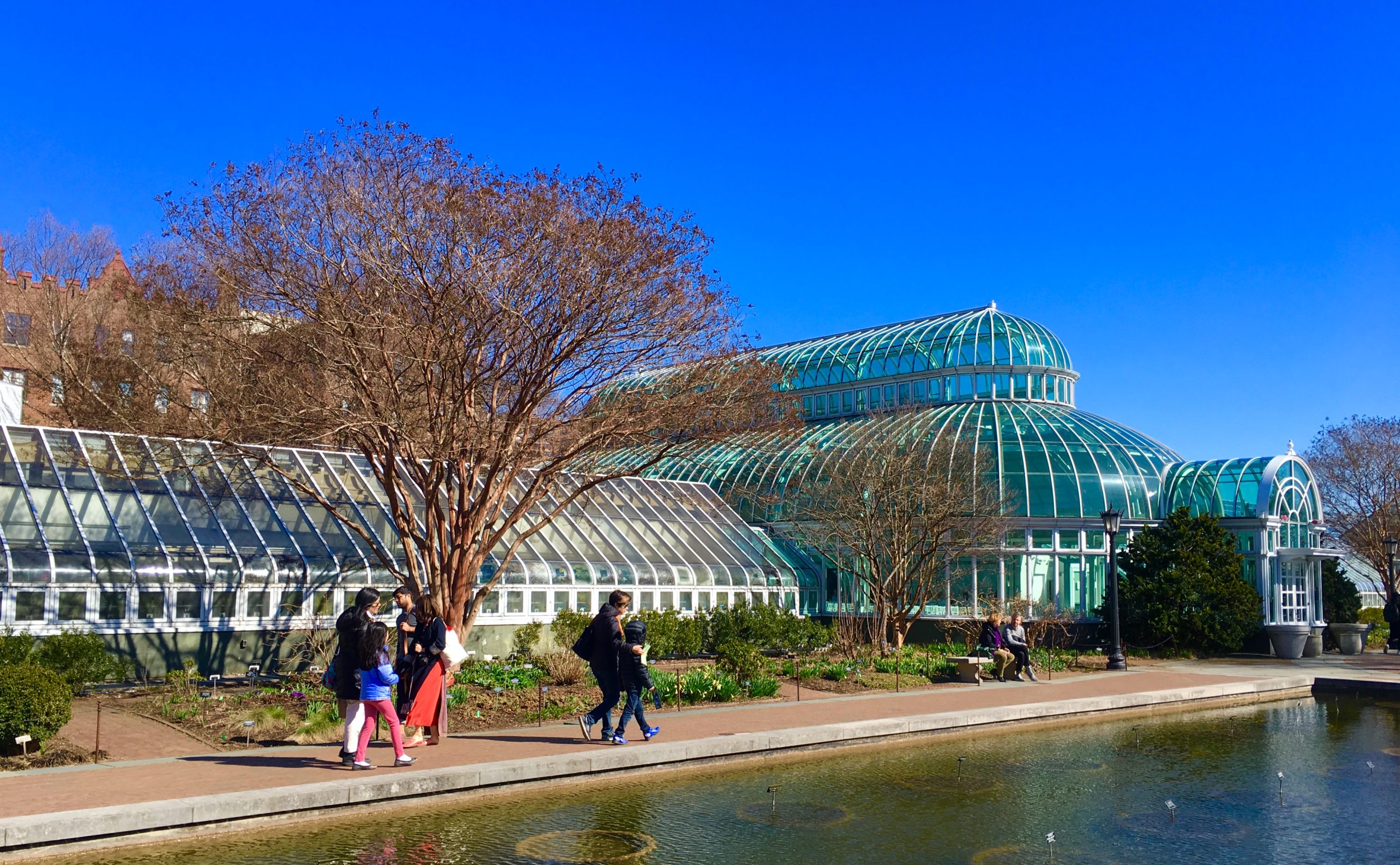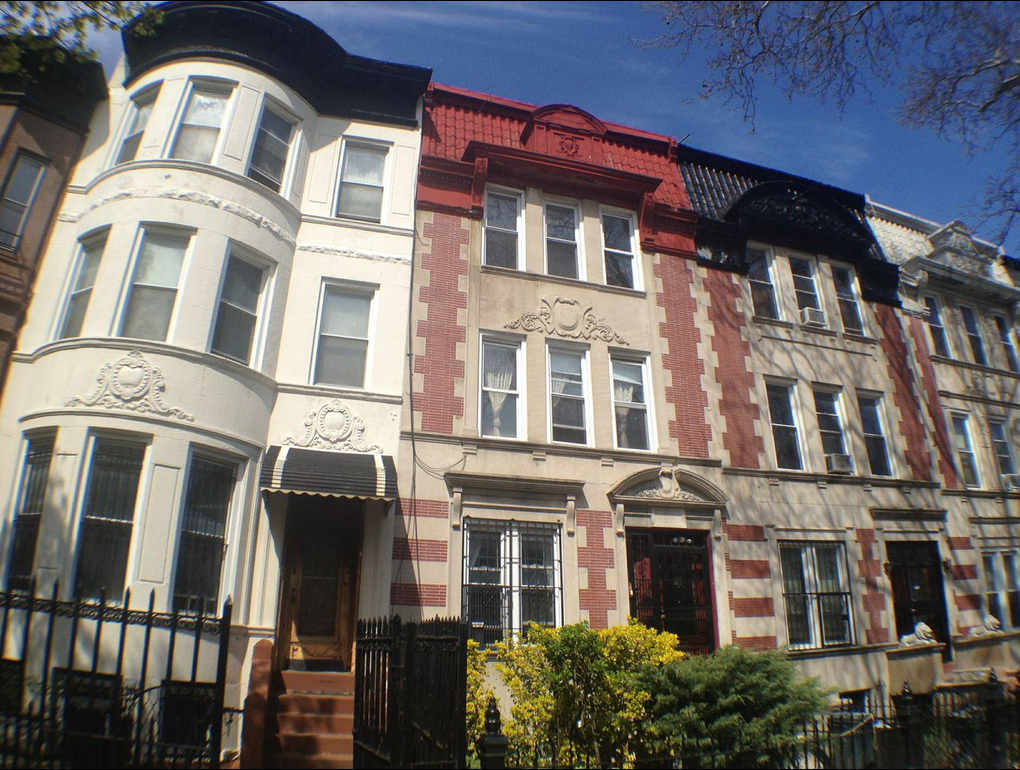Crown Heights developers stymied in Brooklyn Botanic Garden lawsuit — for now

Developers behind a planned Crown Heights high-rise that opponents say could cast damaging shadows on the Brooklyn Botanic Garden attempted to skirt a temporary restraining order to begin construction, according to arguments in court on Monday.
Activist Alicia Boyd filed a new suit to keep a temporary restraining order in place that forbids work at rezoned Crown Heights sites, a new tactic that keeps alive a legal battle between the community and the developer of 40 Crown St. No decision was made Monday, effectively preventing the developer from moving forward.
Lawyers for the developer argued their client should be allowed to move forward with excavation for voluntary environmental cleanup work. That would entail pouring concrete to cap the remediated soil — an action that’s expressly forbidden in the temporary restraining order issued in April.
